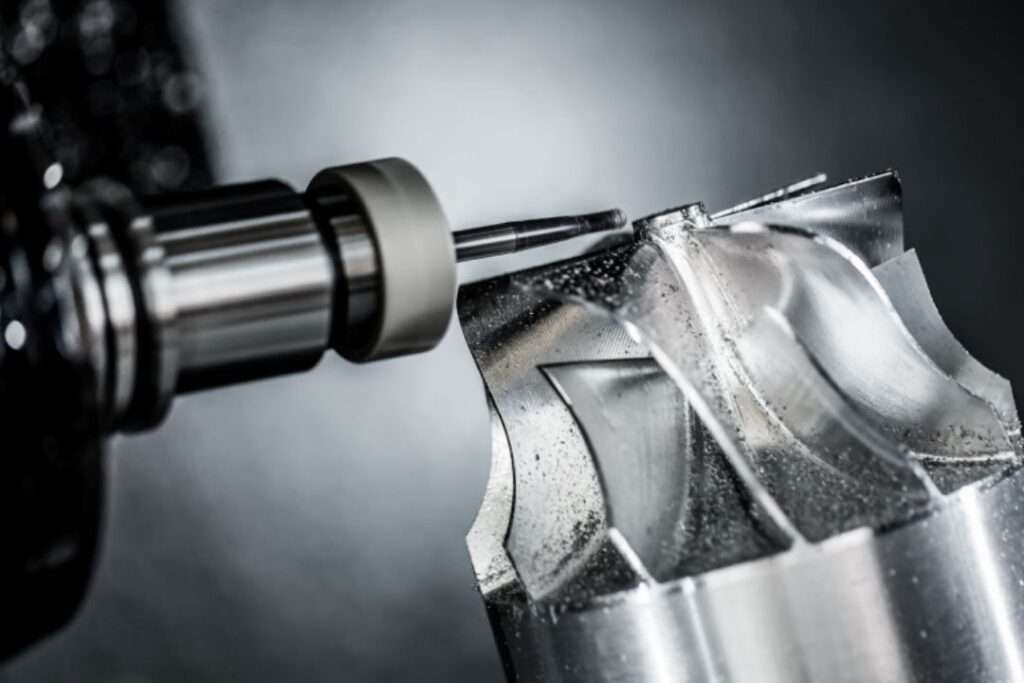Hyundai Motor India is set to significantly expand its role in the Korean automaker’s global operations, with plans to become Hyundai’s largest export hub outside South Korea by the end of the decade. The company is aiming to increase the share of exports in its total production volume from the current 21% to 30% by 2030, according to Managing Director and Chief Executive Officer Unsoo Kim. In FY2025, Hyundai India’s exports remained steady at approximately 163,000 units. For FY2026, the company is targeting a 7–8% increase in export volumes, driven by sustained demand from emerging markets.
“Exports have gained significant traction in recent months. We intend to build on this momentum and expand our presence in international markets, particularly in regions showing robust demand,” said Kim during a recent investor briefing.
The strategic focus on exports aligns with a broader industry trend, as major Indian carmakers seek growth opportunities abroad amid slower expansion in the domestic market. Maruti Suzuki, India’s largest car manufacturer, has also announced increased emphasis on exports. The company is forecasting 20% growth in overseas shipments for the current year, up from 330,000 units in the previous fiscal, and aims to export over 750,000 units annually by the end of the decade.
Hyundai Motor India currently holds the leading position in cumulative car exports from India. Its key export markets include the Middle East, Africa, South Asia, and Latin America, with further expansion into advanced markets such as Australia under consideration. The company currently exports to more than 80 countries.
Hyundai’s existing annual production capacity stands at 824,000 units, supported by two integrated manufacturing facilities in Sriperumbudur, near Chennai. In addition, Hyundai has acquired a manufacturing plant in Talegaon, Maharashtra, from General Motors. Production at this facility is expected to commence in the third quarter of FY2025. Once fully operational, the Talegaon plant will increase Hyundai India’s total installed capacity to approximately 1.074 million units annually.
India is Hyundai’s third-largest global market, and the Indian operations are expected to contribute significantly to the parent company’s planned 1-million-unit global capacity expansion by 2030. Hyundai India is projected to account for one-fourth of this capacity addition. To support both domestic and international demand, Hyundai India plans to introduce 26 new models by 2030. This pipeline includes 20 internal combustion engine (ICE) vehicles and 6 electric vehicles (EVs), encompassing new product launches, complete model redesigns, and product updates. The combination of increased production capacity, model diversification, and strategic export focus positions Hyundai India to play a central role in the company’s global growth roadmap over the next five years.
Hyundai Motor India is one of the leading automobile manufacturers in the country and a wholly owned subsidiary of Hyundai Motor Company, South Korea. Established in 1996, the company has played a pivotal role in shaping India’s automotive landscape through innovation, quality, and advanced mobility solutions. With a strong presence across hatchback, sedan, SUV, and electric vehicle segments, Hyundai is recognized for its wide-ranging product portfolio, cutting-edge technology, and customer-centric approach. Its manufacturing facility in Chennai serves both domestic and export markets, making Hyundai one of India’s largest car exporters. The brand continues to drive progress in smart mobility, sustainability, and connected car technologies through initiatives aligned with its global vision of “Progress for Humanity.”








